Sabalenka's First Show 6-0! She Advances with a Bagel Victory, While Zheng Qinwen Struggles to Overcome Her Nemesis, Making the Australian Open Championship Seem Challenging
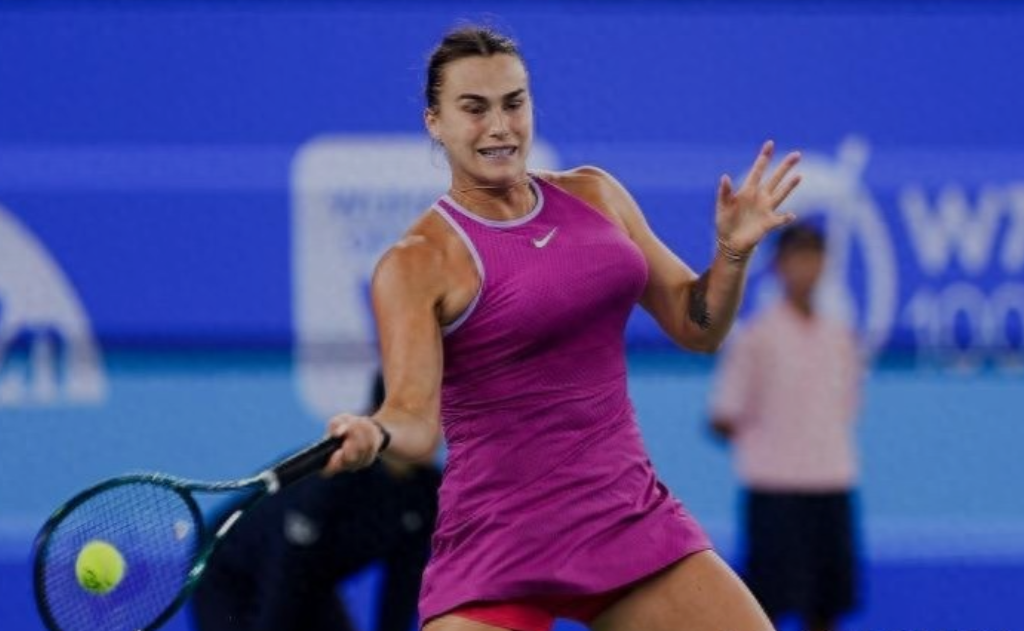
Is Sabalenka truly invincible? Does Zheng Qinwen stand a chance to break the curse in front of this "hard court queen"? As major tournaments approach, the tennis world always becomes suspenseful due to such thrilling "possibilities." At the beginning of the 2025 season, the clash between the strong and the rising stars has become one of the biggest highlights of this stage. On one side is the fiery and fully present Sabalenka, while on the other is the Chinese rising star Zheng Qinwen, who harbors ambitions but has yet to overcome her "nemesis." This contrast is not only striking but also a focal point of contradiction that cannot be overlooked by all tennis enthusiasts.

In the 2024 season, Sabalenka delivered an incredibly brilliant record—winning the Australian Open, the US Open, and being named the WTA Player of the Year at the end of the year. These titles may seem glamorous, but they were not achieved overnight. It should be noted that this Belarusian powerhouse was once controversial for emotional outbursts and inconsistent serving. It was through the meticulous operation of coaches and psychological teams that she transformed from a talented player into a comprehensive technical dominator on the court.
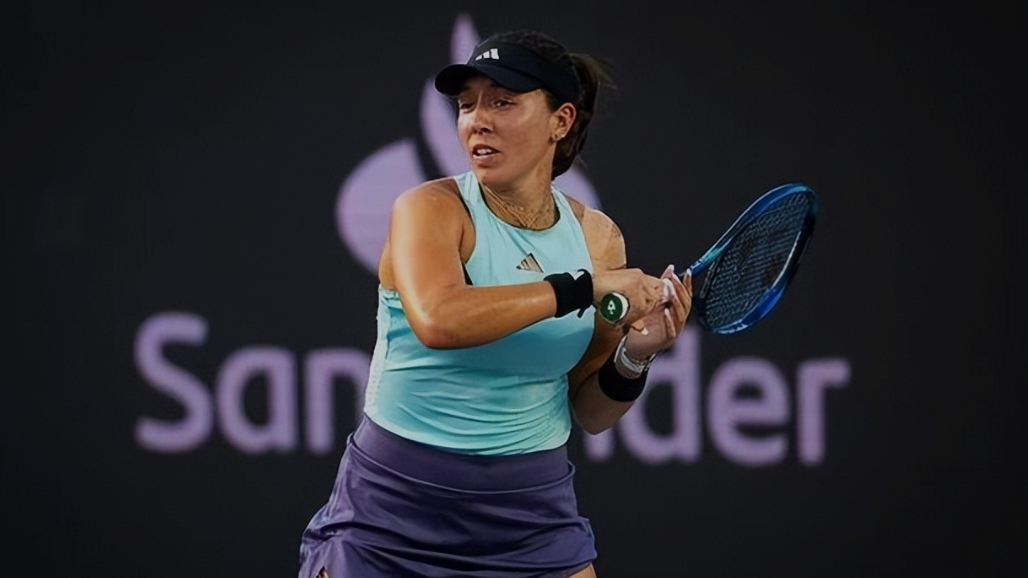
Interestingly, hard court events have become her "golden path." The data does not lie: In the Grand Slams and tour events of 2024, Sabalenka, with her powerful first serve scoring ability, always managed to exert endless pressure on her opponents. Her first serve success rate ranks among the top levels of the WTA, and this technique not only brings a scoring advantage but also crushes opponents in psychological tug-of-war battles. For example, in the US Open final, she relied on her serve to hold the key points in the first set against the equally aggressive Rybakina, then staged a comeback against the wind and won the championship as desired.
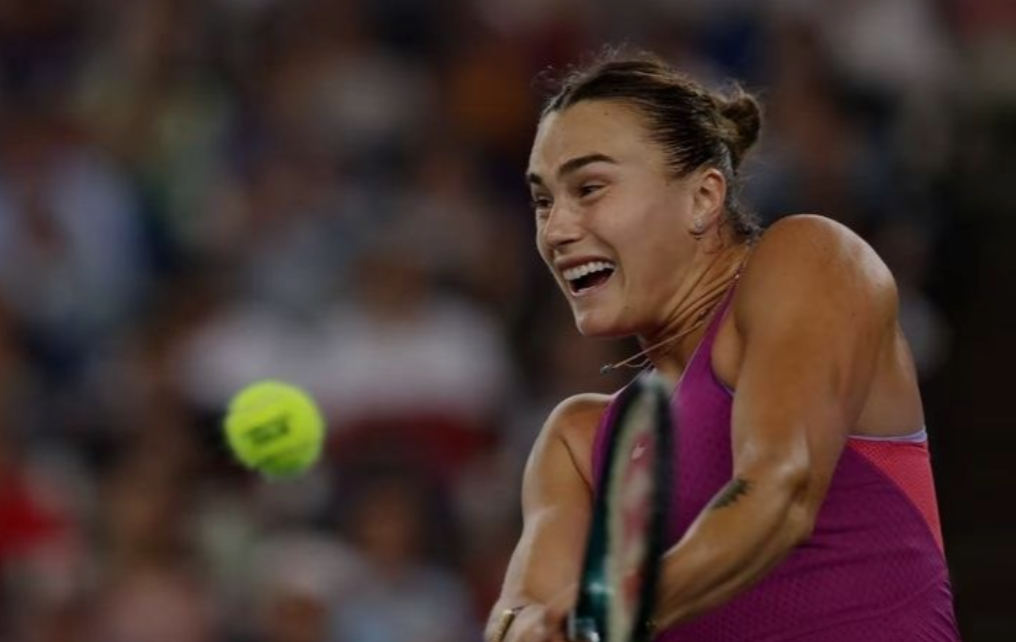
However, Sabalenka's dominance is not just about technical prowess. Psychological stability is the most critical aspect of her transformation. A seasoned coach once openly stated, "Her progress is not a flash of genius, but a solid transformation from expression management to psychological endurance." Even in the most intense matches, it is difficult to see her emotional outbursts anymore. This atmosphere of "a mountain pressing down without moving" is what most opponents find hard to handle.

Now let's look at the Chinese rising star Zheng Qinwen. If we talk about the biggest surprises in the 2024 tennis season, she is undoubtedly on the list. That year, she not only entered the top five in the world but also gradually established her leading position among the new generation—her power play is proficient, and her baseline stability troubles opponents. However, having highlights is not enough, as her trajectory is always accompanied by a certain "imperfection."

For instance, her head-to-head record with Sabalenka can almost be described as "heart-wrenching." No matter how you look at it, this Chinese player has yet to find the key to defeat this "hard court overlord." Just looking at the data is already shocking: Zheng Qinwen has never won a single match in their encounters. And this technical gap has formed a chain reaction psychologically. Whether it's the precision of her serve or the grasp of winning points, Zheng Qinwen often gets dragged down, and more often than not, she loses not just the game but the battle within herself.
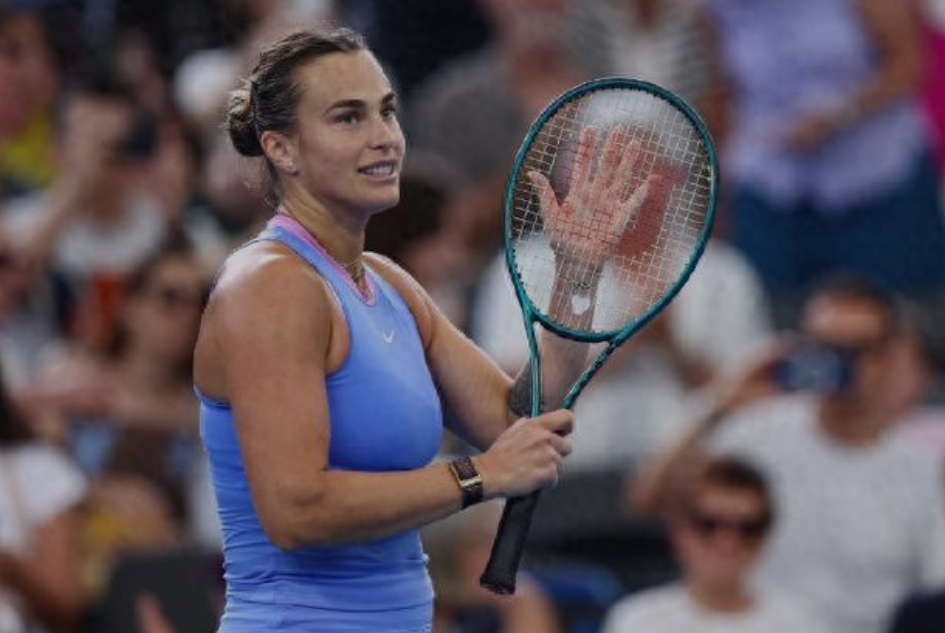
This is like the saying goes: "How hard the bench is depends on the legs." Zheng Qinwen's wings are gradually becoming fuller, but when facing top-level opponents, her psychological resilience often becomes a weak link. This is not only a reflection of a young player's growth but also appears urgently in need of change—especially before the Australian Open, which is known as the "devil schedule." Psychological experts have pointed out, "The secret to overcoming your nemesis is never in your opponent's weaknesses but in how you change your mindset."
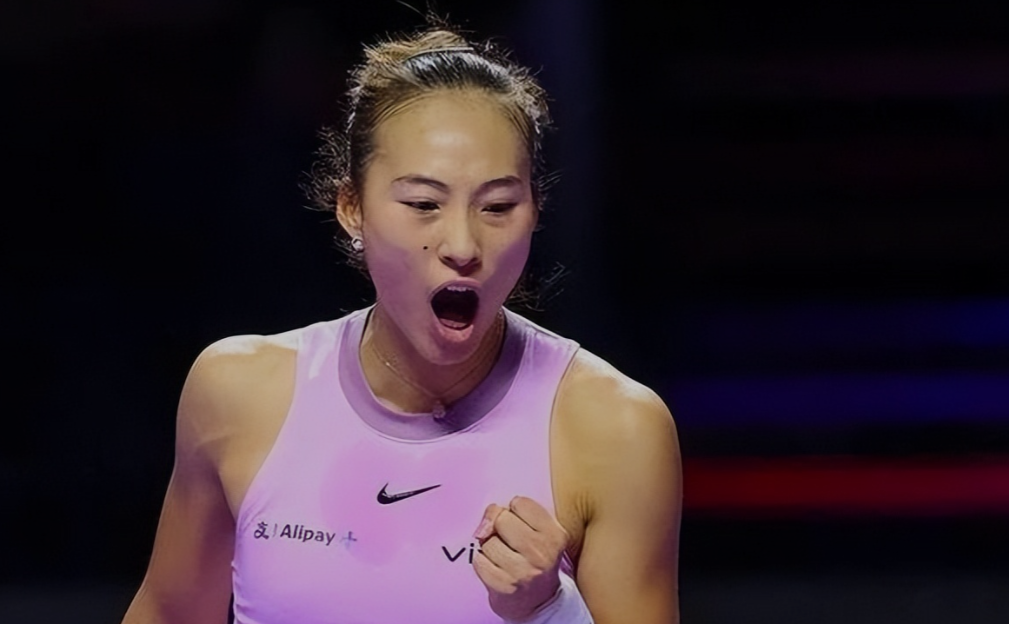
Talking about the start of the season, the choices of Zheng Qinwen and Sabalenka form a stark contrast. On the Brisbane court, Sabalenka has already started with a resounding 6-0 "bagel" victory. On the other hand, Zheng Qinwen withdrew from the United Cup temporarily and directly moved to Melbourne to prepare for the Australian Open. This clearly puts the two in different states.
The pros and cons are clear: high-quality competition warm-ups can accelerate getting into shape, such as Sabalenka's global tour preparation, which has become one of the secrets to her stable performance. In contrast, Zheng Qinwen, lacking this "match adjustment time," may face the problem of feeling rusty in the first round of the Australian Open. Some netizens commented, "This could be the step that significantly widens the gap between the two. The rhythm set at the beginning of the season determines the outcome."
Of course, the difference in preparation methods is not necessarily an absolute weakness. Zheng Qinwen tends to save her strength directly for the big stage, perhaps with a special plan crafted by her team to make a late push. But from the perspective of sports psychology, the less a player warms up for big competitions, the easier it is for her pressure to explode, especially when facing tough opponents early on—like her well-known "nemesis."
Finally, there is an external environment that cannot be ignored—the competitive landscape of the entire women's tennis world is no longer dominated by individual players but is a chaotic battle where new stars and strong opponents continuously enter the stage, reminiscent of the "Warring States Seven Heroes." Besides Zheng Qinwen, there are also Gauff, Rybakina, and other impressive opponents. More interestingly, each player has their unique trademark: Gauff likes to approach the net and excels in flexible serving tactics; Rybakina uses stable rhythm and physical management. Regardless, their diverse playing styles are leaving no breathing room for the strong in the tennis circle.
Therefore, the difficulty Zheng Qinwen faces on her rise is not only a personal development process but also a survival battle on the court amidst a "wolves in front, tigers behind" situation. From the high hopes placed on her by the outside world to her cautious steps, the pressure she carries will ultimately become a barometer testing her psychological toughness.
From tactical play to psychological competition, from seasonal layout to on-court performance, the gap between "hard court queen" Sabalenka and the pursuer Zheng Qinwen is real, but so is the suspense. The Australian Open has yet to begin, but this plot destined to be written into the two main storylines of the 2025 season has already captured everyone's curious attention.